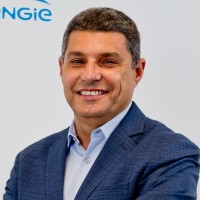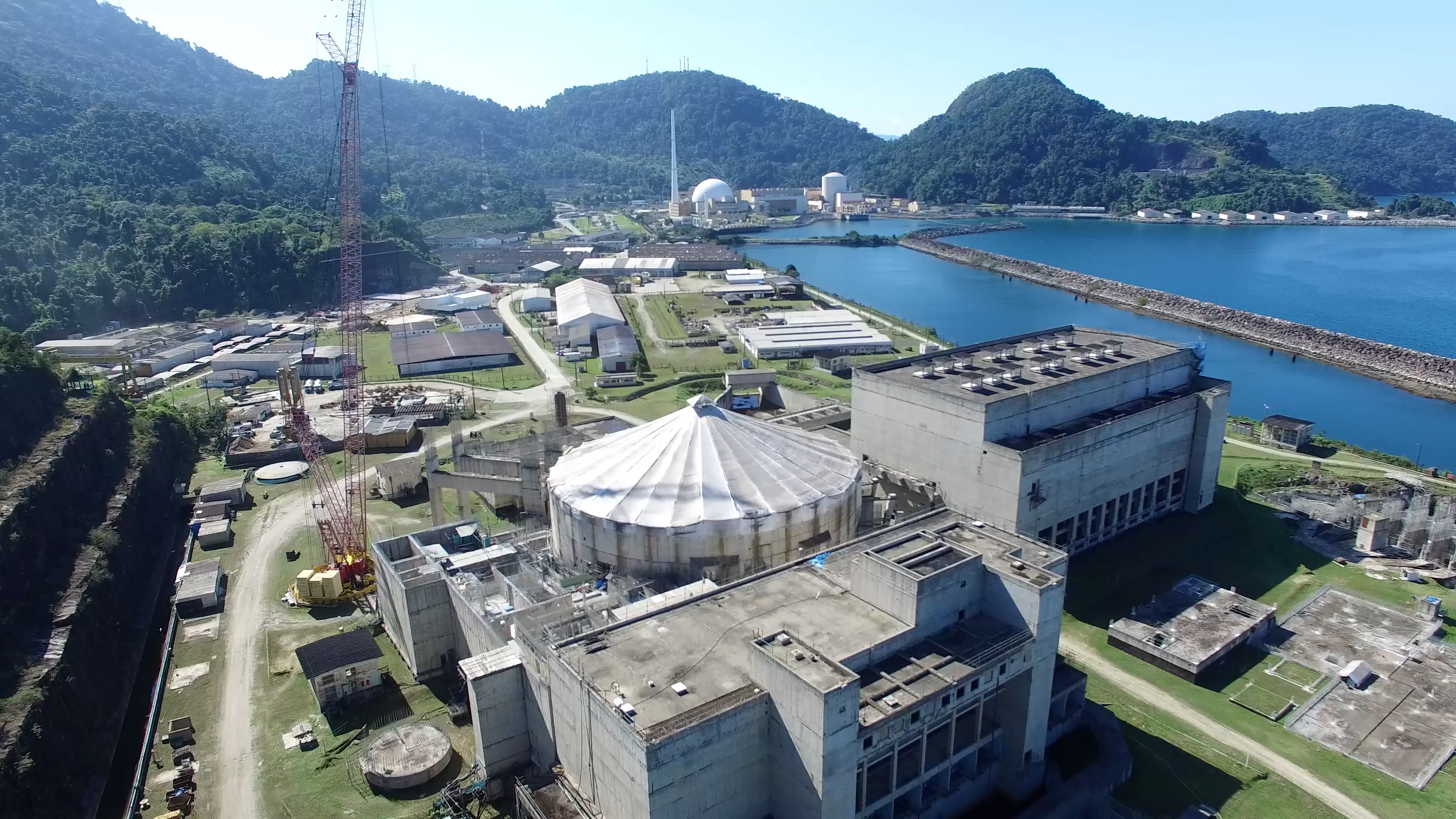Brazil's National Bank for Economic and Social Development (BNDES) has awarded a contract to the Angra Eurobras NES consortium, made up of Tractebel and Empresarios Agrupados, to structure the project for the completion of the Angra 3 nuclear reactor in Rio de Janeiro, Brazil. Contracting the consortium is part of the technical services that BNDES has been providing since 2019 to Eletronuclear, the owner of the nuclear power plant.
Completing the Angra 3 reactor, nearly four decades later
The construction of Angra 3 originally started in 1984, but was suspended twice, the last time in 2015, when over 60% of the project had already been completed. The reactor, now scheduled to go into operation by the end of 2026, will contribute significantly to the security of the country’s energy supply.
The consortium will play a crucial role in resuming work on the unit. It will oversee the definition of the required investments and the detailed planning, and advise on the hiring of construction companies to successfully carry out the project. "Contracting the consortium, composed of companies with extensive experience in advising on the implementation of nuclear power plants worldwide, will allow the market to be designed with the confidence necessary to attract first-rate building partners and a wide range of financing agents in Brazil and around the globe," said Leonardo Cabral, Director of Privatizations at BNDES.
Securing electricity supply to reduce climate vulnerability
Diversifying the energy mix is crucial for Brazil. The country is heavily dependent on hydropower for its electricity production, and major droughts in 2001 and 2015 caused power and water supply shortages, especially in urban areas. The two nuclear power units, Angra 1 and 2, account for only 3% of Brazil's electricity, while hydropower represents 65%. Electricity consumption per capita has also nearly doubled since 1990, reaching 2400 kWh/year in 2018. The vulnerability of the country to climate change has led the government to take measures, including the completion of Angra, 3 to reduce its dependency upon hydropower.
 |
“It is of paramount importance for Brazil to diversify its energy mix to address the challenges posed by global warming. Nuclear power can play a role by complementing intermittent renewable energy sources and enhancing the electricity system’s reliability. The project, which will be led by Tractebel in Brazil in partnership with Tractebel in Belgium and Empresarios Agrupados of Spain, will define the investments required for Angra 3 completion, the detailed schedule for the construction and the specifications of the contract model for one or more engineering, procurement and construction contractors. The decision of BNDES to hire the consortium shows that we are considered worldwide as a reliable, experienced and competent partner for implementing such projects, and will allow Tractebel in Brazil to position itself on the nuclear market in the future.” said Paulo Coelho, Commercial Manager for Tractebel in Latin America. |
On 2 July 2021, the official virtual kick-off meeting brought together over 55 attendees, including the President of Eletrobras (Brazil’s largest public energy company), the President of the National Bank for Economic and Social Development (BNDES), the President of Eletronuclear (Angra 3 owner and operator) and representatives from the Ministry of Energy and Economy. The participation of high-level Brazilian government representatives shows how important the project is for the country.
Find out more about our nuclear expertise HERE.






